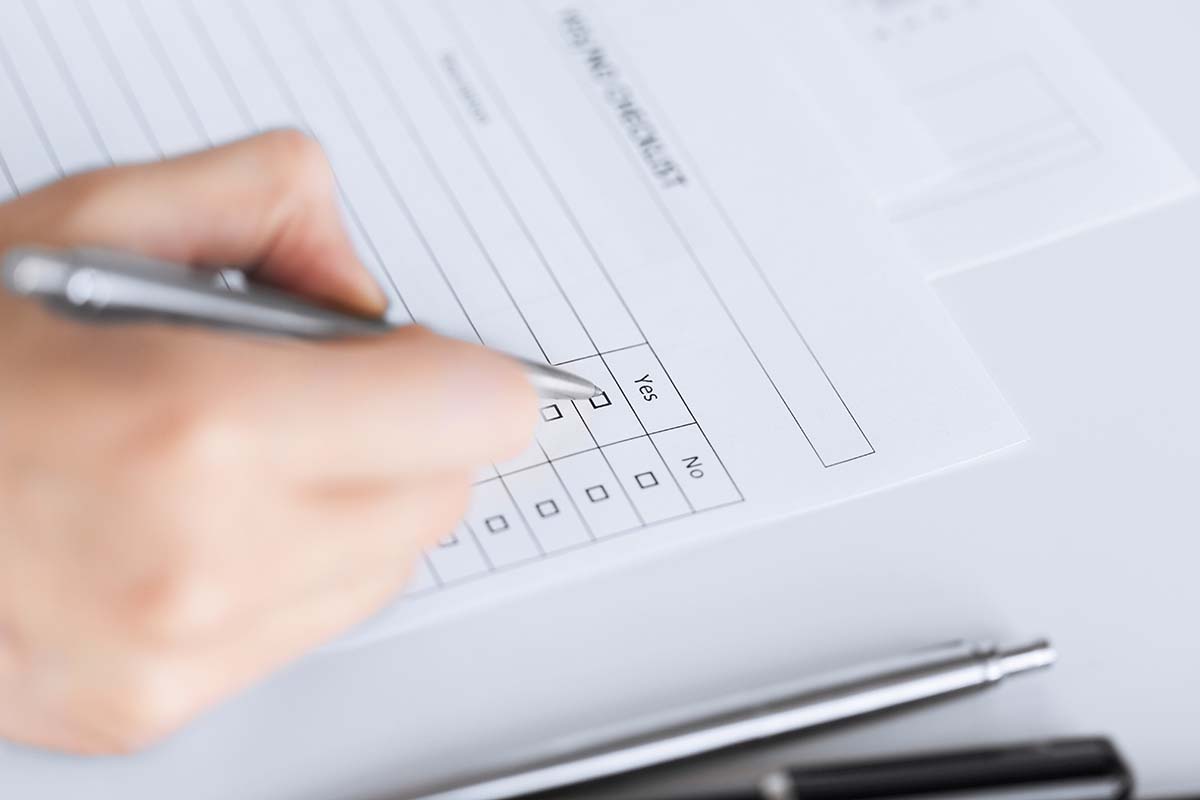How to Prepare For Class 11 Accountancy Exam
One of the most important disciplines for commerce students is accounting. The good news is that Accountancy is a high-scoring subject, so you may get full points if you understand the idea of accounts. However, since accounting question papers are often long and require producing accounts in specified forms, the issue is in effectively managing your time. Even so, pupils may easily get full marks in the accounting subject in class 11th. Here going to provide you with some pointers on how to do it.
Tips for CBSE Commerce Class 11 Accountancy Exam Preparation:
BOOKS
- NCERT Books should be used to study the CBSE’s mandated curriculum;
- Keep in mind that CBSE board examinations are completely focused on the specified curriculum;
- Extra practise may be obtained from a variety of reference books on the market.
- DK Goel Solution for Class 11 Accountancy Chapter 11.
MEANINGS AND DEFINITIONS
- Along with the meaning, definitions must be correctly understood;
- The rationale and reasoning underlying the notion must be understood;
- To gain full marks, you must remember the definitions once you have fully comprehended them so that you can correctly write them in the test.
ADVANTAGES AND DISADVANTAGES 
- Students should concentrate on the features, benefits, and drawbacks of many subjects since these questions appear often in tests.
- Students should write them down instead of just knowing and remembering them.
FORMULAE
- In accounting, a large number of formulae are used;
- Students should not memorize such formulae; instead, they should comprehend how they were created and why they were created;
- You won’t be able to answer problems adequately until you have a thorough comprehension of the foundations of the formulae;
- Prepare a chapter-by-chapter formula sheet and edit it regularly after you’ve mastered the formulae.
CALCULATION
- When practicing, extreme caution should be used when doing calculations, and errors should be avoided at all costs;
- This preparation will aid you in the test and prevent you from losing marks due to a few errors.
NOTES FOR WORKING
- Working notes must be neat since they serve as the foundation for the calculations and must be entered into journals and accounts;
- Exams include marks for working notes.
FORMATS
- When creating a journal, ledger, and balance sheet form, students should pay close attention;
- They should create suitable layouts and concentrate on developing narratives;
- Many students complain that the test was too long after it is completed, yet most of the time they spend too much time creating forms since they seldom practice drawing good formats when practicing;
- As a result, students will be able to complete their papers on time.
RECORDING AND POSTING OF ENTRIES
- When creating ledger accounts, rather than preparing the accounts separately, always publish all of the entries in their corresponding accounts at the same time;
- There’s no way you’ll miss anything in any account if you follow this.
NOTES
- Make your chapter-by-chapter notes.
- Mark with a RED pen any topics that you find difficult to grasp.
- While answering questions, you may get stopped at a common spot. Always keep a list of the common points in case you need to revise them later. It will come in handy later in the test.
REVISION
- The key to success in any test is proper revision;
- Bring together all of your notes, practice registers, and formula sheets that you have created over the year;
- Make a revision strategy. Divide your time across all of the chapters and begin answering the questions that you found hardest to answer when practicing. Also, go over any ideas that you struggled with and noted before.
PRACTICE WITH PAPERS FROM PREVIOUS YEARS
- Begin by completing previous years’ test papers while keeping the time in mind;
- Set your clock and keep track of how long it takes you to complete these papers so you can receive test preparation at home. This will aid you with time management throughout the test. This will allow you to complete the test in the allocated time and your paper will not seem to be too long. Make sure your formats, working notes, Narrations, and computations are right. You will acquire a lot of confidence by practicing according to the pattern of questions, typology, and technique of how examiners arrange the question papers and what sort of questions you will confront.
SOLVE A COUPLE OF EXAMPLE PAPERS
- Sample papers are quite useful in evaluating your work;
- There are several example papers accessible from various publishers on the market.
Here are 15 easy ideas for passing the Accountancy Class 11 test with flying colors:
- Before responding, carefully read the question at least twice.
- Highlight the key aspects of the question that will assist you in answering it.
- Because financial statement analysis requires a lot of calculations, try to finish it after the questions.
- In the event of questions about shares, if the shareholders applied shares are supplied, the candidates may simply clip the applied shares off the question paper after discovering the allotted shares, so that they can only consider the allowed shares while answering the questions.
- When making a cash book in shares, attempt to pass all of the bank entries in rough to avoid any mistake.
- Always put the profit before any appropriation when generating the profit and loss appropriation account. Also, applicants should be aware of their partners’ capital balances; they must cover the whole 12-month period, or else month consideration will be applied to any appropriation.
- If candidates are unable to answer a question, they should move on to the next question and return to the previous one later.
- When it comes to debenture redemption, applicants should always strive to figure out which procedure is specified in the question.
- When adjusting time, always set aside some time for review.
- Don’t leave any questions unanswered.
- Start with the questions you are most familiar with.
- At the conclusion, try the ‘HOTS’ questions. To acquire a complete picture of a chapter, read the summaries after each chapter.
- HOTS may also be derived from summaries.
- Consult the most recent CBSE sample question papers as well as previous year’s board question papers.
- Consult the CBSE website for ‘TOPPERS’ answer papers.
How to Prepare For Class 11 Accountancy Exam: Conclusion
Accountancy is both an art and a science in the world of business. It is classified as a science because it has a set of standard rules and processes that must be followed, and it is classified as an art because an accountant must have the talent, aptitude, and understanding of methodologies in order to provide exact results.




















